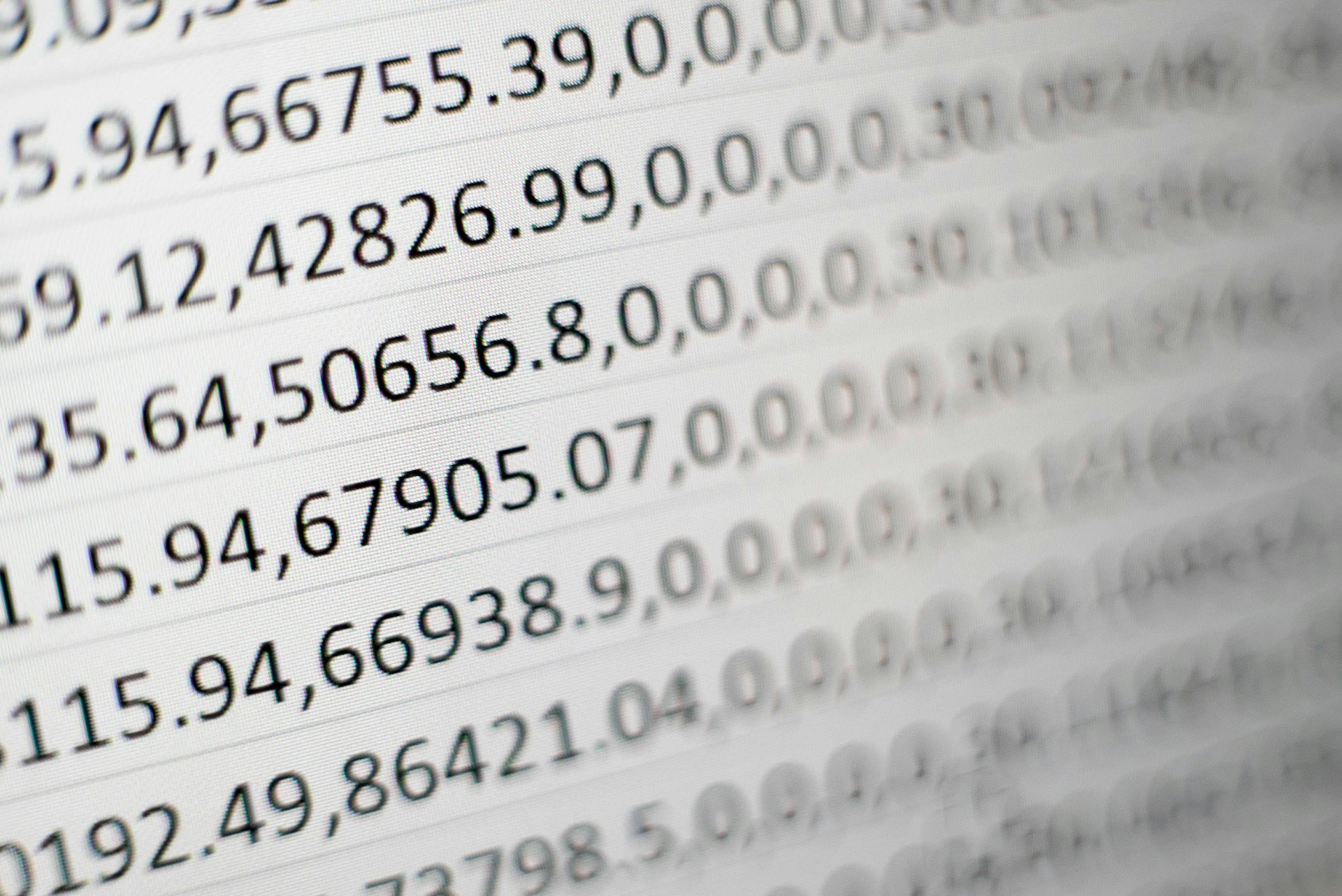Digital signature technology is becoming increasingly important in both business and personal life. Providing a secure, fast, and efficient signing process, digital signatures are replacing paper-based transactions. How will the future of digital signature technology take shape? In this article, we’ll explore comprehensive insights into emerging trends and innovations.
Innovations for 2024 Future of Digital Signature
The year 2024 brings significant changes and innovations in digital signature technology. Here are some key innovations expected this year:
- Proliferation of Smart Contracts: With the increased use of smart contracts, digital signatures will become even more crucial. These contracts, supported by blockchain technology, will operate in a fully automated and secure manner.
- Global Compatibility: In 2024, we expect an increase in global compatibility of digital signature standards. This will facilitate smoother and faster transactions between different countries.
- Cloud-Based Signing Solutions: With the advancement of cloud technology, digital signing solutions will also become cloud-based. This will allow users to sign documents easily from any device.
Advanced Security Features
In the future of digital signatures, security will be more critical than ever.
- Blockchain Technology: Blockchain technology is expected to be used to enhance the security of digital signatures. Blockchain, with its decentralized structure, offers an ideal solution to ensure the accuracy and security of signatures.
- Immutable Records: Since records on the blockchain are immutable, it provides an excellent security layer for digital signatures.
- Transparency: Transactions on the blockchain are transparently visible, reducing the risk of fraud.
- Quantum Encryption: With the development of quantum computers, quantum encryption methods can also be used to ensure the security of digital signatures.
- High Security: Quantum encryption is much more secure compared to today’s encryption methods.
- Protection Against Cyber Attacks: Quantum encryption is more resistant to cyber attacks.
Mobile-Compatible Solutions
Today, mobile devices have become indispensable for digital transactions. Digital signature technology must adapt to this trend.
- Mobile Applications: User-friendly mobile applications will make digital signature processes more accessible and faster.
- User-Friendly Interface: Mobile apps will allow users to sign documents easily.
- Real-Time Signing: Users will be able to sign documents instantly via mobile devices.
- Biometric Verification: Biometric verification methods like fingerprint and facial recognition will enhance the security of digital signatures on mobile devices.
- Fast and Secure Login: Biometric data will enable quick and secure login.
- Fraud Prevention: Biometric verification will minimize fraud attempts.
Artificial Intelligence and Machine Learning Integration
Artificial intelligence and machine learning will revolutionize the future of digital signature.
- Automatic Signature Verification: AI will automate the signature verification process, reducing error rates and speeding up transactions.
- Fraud Detection: AI will quickly detect fraudulent signatures.
- Learning Systems: Machine learning algorithms will continually improve signature verification processes.
- Data Analysis: Machine learning algorithms will analyze signature data to help detect fraud and predict user behavior.
- Trend Analysis: Analyzing user signature habits will help identify anomalies.
- Automatic Updates: Systems will automatically update based on user behavior.
Regulations and Standards
The widespread use of digital signatures will require the development of international standards and regulations.
- Global Standards: ISO and other international organizations will develop global standards for digital signature technology.
- Compatible Systems: Standards will ensure compatibility between different systems.
- Security Protocols: Security protocols will be standardized.
- Legal Regulations: Countries will enact new regulations to increase the legal validity of digital signatures.
- Legal Infrastructure: New regulations will strengthen the legal infrastructure of digital signatures.
- International Cooperation: Cooperation between countries will facilitate digital signature processes.
Environmentally Friendly Applications
Digital signatures offer environmentally friendly solutions by reducing paper consumption.
- Paperless Offices: Digital signature technology will support businesses in transitioning to completely paperless office environments.
- Cost Savings: Savings on paper costs.
- Increased Efficiency: Digital processes will make transactions more efficient.
- Reducing Carbon Footprint: The widespread use of digital processes will reduce the carbon footprint, contributing to environmental sustainability.
- Energy Savings: Savings on energy used for paper production and transportation.
- Green Business Practices: Environmentally friendly practices will enhance the image of businesses as environmentally conscious.
Digital signature technology is rapidly evolving to become more secure, accessible, and efficient in the future. The innovations expected in 2024, such as blockchain, AI, mobile-compatible solutions, and environmentally friendly practices, will shape the future of digital signatures. These innovations will offer significant advantages for both individuals and businesses. Keeping up with these developments shaping the future of digital signatures will be the key to success in the digital transformation process.
Also, don’t forget to try Tap&Sign’s 14-day free demo: Tap&Sign Free Demo.







